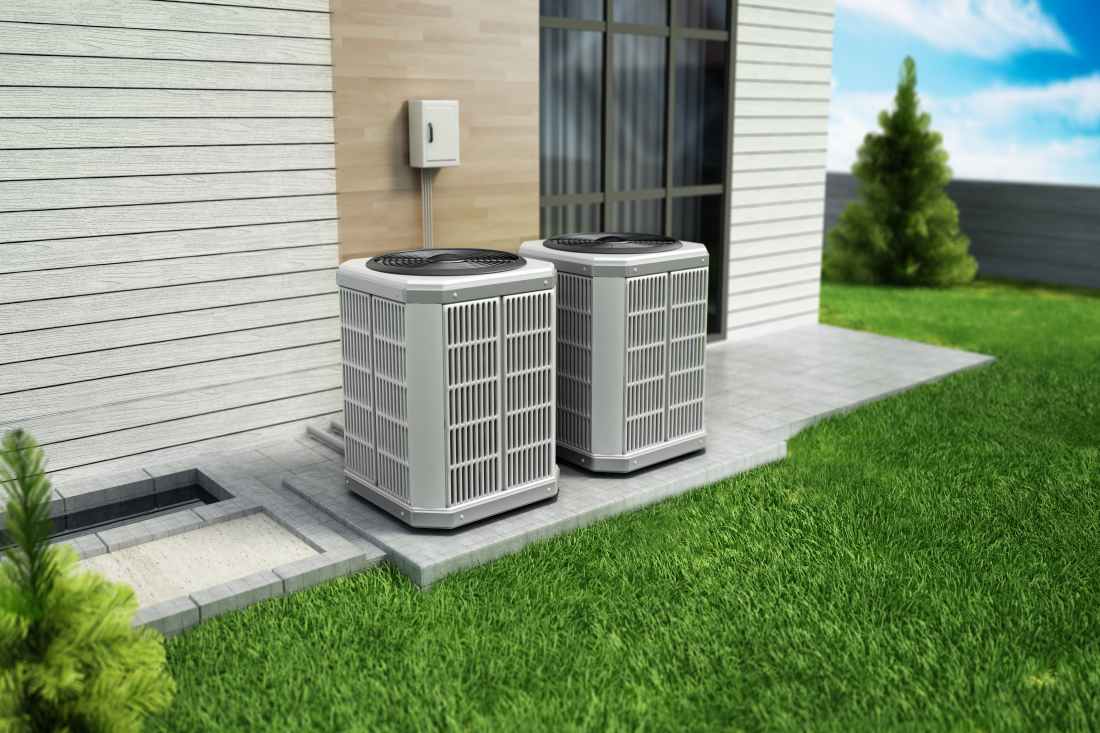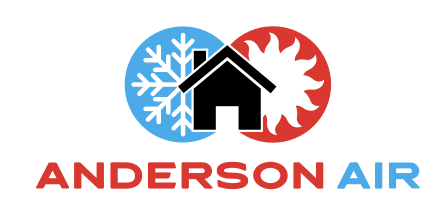Maximize Energy Efficiency and Reduce Bills with These HVAC Tips

As energy costs rise, homeowners increasingly seek ways to maximize the efficiency of their heating, ventilation, and air conditioning (HVAC) systems. By improving HVAC energy efficiency, you can enjoy a comfortable indoor environment and reduce energy bills. Here, we’ll explore energy-saving HVAC tips and energy-efficient home improvements that can make a significant difference.
Energy-Saving HVAC Tips
1. Regular Maintenance:
– Schedule annual check-ups for your HVAC system. Professional maintenance can ensure your system operates at peak efficiency, identifying and addressing potential issues before they become costly problems.
2. Upgrade Your Thermostat:
– Invest in a programmable or smart thermostat. These devices can automatically adjust temperatures based on your schedule, ensuring efficient heating and cooling when you need it and energy savings when you don’t.
3. Seal Ductwork:
– Leaky ducts can reduce HVAC efficiency by up to 30%. Have a professional inspect and seal your ductwork to prevent air loss, ensuring that more conditioned air reaches your living spaces.
4. Insulate Your Home:
– Proper insulation in your walls, attic, and floors helps maintain a consistent indoor temperature, reducing the workload on your HVAC system.
5. Use Ceiling Fans:
– Ceiling fans can help distribute air more evenly throughout your home, allowing you to set your thermostat a few degrees higher in summer and lower in winter without sacrificing comfort.
Efficient Heating and Cooling Practices
1. Optimize Your HVAC Settings:
– In the summer, set your thermostat to 78°F when you’re home and higher when you’re away. In the winter, aim for 68°F while you’re home and lower when you’re not.
2. Take Advantage of Natural Ventilation:
– On cool nights, open windows and use fans to let in fresh air, reducing the need for air conditioning.
3. Zone Heating and Cooling:
– Install a zoning system to control the temperature in different areas of your home independently. This ensures you’re only using energy to heat or cool occupied spaces.
Energy-Efficient Home Improvements
1. Upgrade to Energy-Efficient HVAC Equipment:
– If your HVAC system is over 10-15 years old, consider replacing it with a high-efficiency model. Look for units with the ENERGY STAR label, which meet strict HVAC energy efficiency guidelines.
2. Improve Home Insulation:
– Adding insulation to your attic, walls, and floors can significantly improve your home’s HVAC energy efficiency. Proper insulation keeps warm air in during winter and out during summer, reducing the load on your HVAC system.
3. Install Energy-Efficient Windows:
– Double-pane or triple-pane windows with low-emissivity (Low-E) coatings can help reduce heat transfer, keeping your home cooler in the summer and warmer in the winter.
4. Utilize Renewable Energy Sources:
– Consider incorporating renewable energy sources like solar panels to power your HVAC system. Solar energy can provide a sustainable and cost-effective way to reduce your dependence on traditional energy sources.
Conclusion
Maximizing HVAC energy efficiency with your HVAC system involves a combination of following energy-saving HVAC tips, regular maintenance, and strategic home improvements. Investing in energy-efficient home improvements not only enhances comfort but also boosts the value of your property. Take proactive steps today to ensure your HVAC system operates at its best, providing you with reliable, energy-efficient performance year-round.
FAQs For Maximizing HVAC Energy Efficiency
Q1. How often should I change my air filter?
The frequency of air filter changes depends on several factors, including your climate, pet ownership, and occupancy level. Generally, it’s recommended to change your air filter every 1-3 months during peak cooling and heating seasons (spring and fall) and every 2-3 months throughout the rest of the year. A clogged filter restricts airflow, forcing your HVAC system to work harder and use more energy.
Q2. What temperature should I set my thermostat for optimal comfort and savings?
The ideal temperature for comfort and savings depends on your personal preference and climate. In the summer, setting your thermostat between 78-80 degrees Fahrenheit (25.5-26.6°C) is a good starting point. In the winter, 68-70 degrees Fahrenheit (20-21.1°C) is recommended. Remember, even raising or lowering the temperature by a few degrees can significantly reduce energy bills.
What are some signs that my HVAC system needs maintenance to improve efficiency?
There are several signs that your HVAC system might need maintenance to improve efficiency. These include:
- Increased energy bills
- Uneven temperatures
- Strange noises
- Increased humidity levels
Q4. Is it worth upgrading to a smart thermostat for better HVAC efficiency?
Smart thermostats can be a worthwhile investment for improving HVAC efficiency. They offer features like:
- Programmable settings
- Remote access
- Learning capabilities
Q5. Besides regular maintenance, what are energy-saving HVAC tips I can do around the house to improve HVAC efficiency?
Here are some simple ways to improve your HVAC system’s efficiency:
- Seal air leaks
- Upgrade insulation
- Utilize natural sunlight
- Change ceiling fan direction
By following these energy-saving HVAC tips, you can maximize the efficiency of your HVAC system and enjoy a comfortable home environment while saving money on your energy bills.
